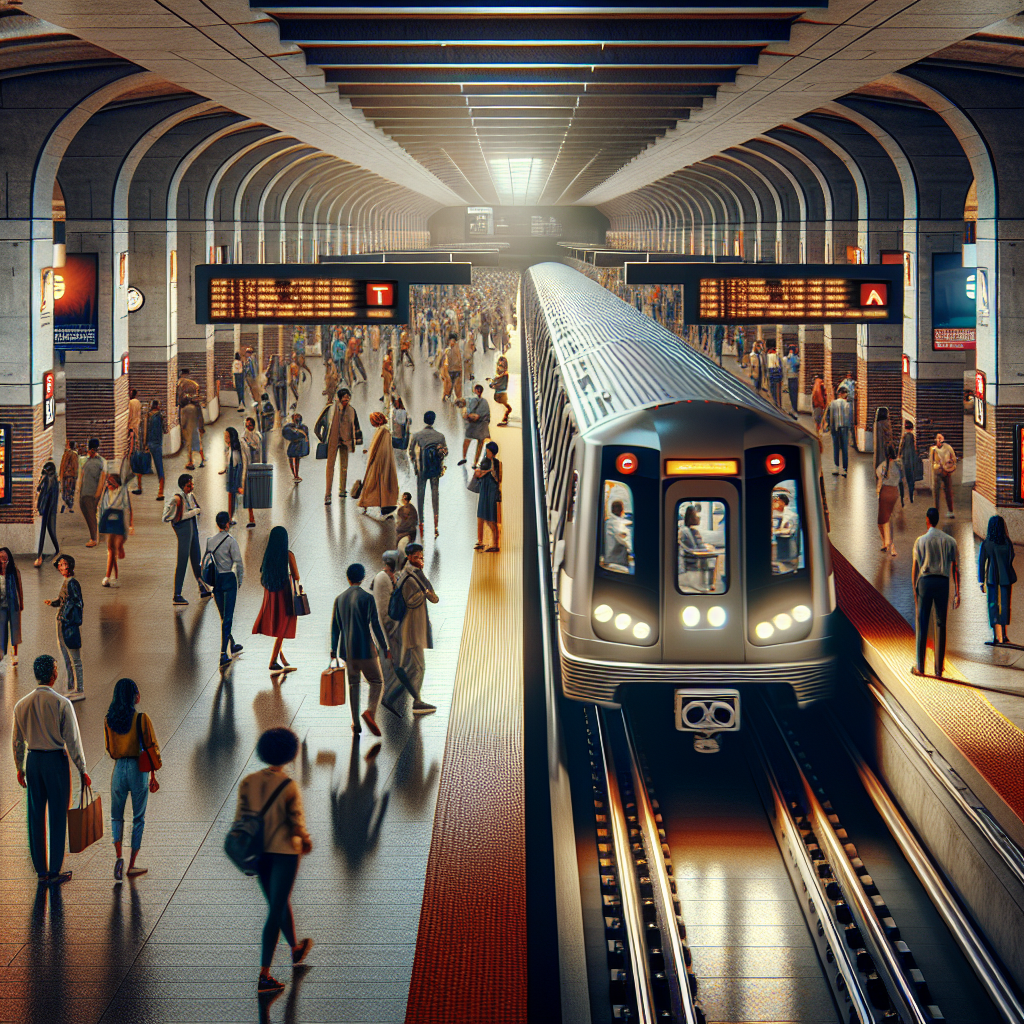Manohar Lal Highlights India's Expanding Urban Transport Network and Future Plans
The Union Minister announced that India currently operates 993 kilometers of metro rail across 23 cities, with another 997 kilometers under construction in 28 cities.

- Country:
- India
Shri Manohar Lal, Union Minister for Housing & Urban Affairs and Power, stressed the importance of urban mobility to manage India’s growing urban population while addressing members of the consultative committee of parliamentarians attached to the Ministry of Housing & Urban Affairs (MoHUA). He reaffirmed the government’s commitment to strengthening the urban transport network to ensure seamless connectivity across the country.
The Union Minister announced that India currently operates 993 kilometers of metro rail across 23 cities, with another 997 kilometers under construction in 28 cities. Once completed, India will possess the second-largest metro rail network in the world, underscoring the government’s push towards modernizing urban mobility.
Key Highlights from the Meeting on Urban Transport
The agenda of the meeting revolved around Urban Transport, with a focus on metro networks, upcoming projects, and the integration of advanced technologies under initiatives like Make in India and Aatmanirbhar Bharat.
Participating MPs: Shri Rajiv Pratap Rudy, Shri Dinesh Sharma, Shri Ajay Makan, Ms. Kamaljeet Sherawat, Shri P.N. Vasava, Prof. V.E. Gaikwad, Ms. Kavita Patidar, Shri B.M. Sutariya, Shri V.E. Vaithilingam, Shri G. Lakshminarayana, Shri Ramvir Singh Bidhuri, and Shri Y. Chandolia were among the parliamentarians present at the consultation.
Key Discussions and Presentations:
Metro Rail Policy 2017: Detailed insights into ongoing and future metro projects in cities like Delhi, Jaipur, Patna, and Lucknow were provided.
RRTS (Regional Rapid Transit System): Updates on funding mechanisms and project progress were shared with members.
Indigenization of Technology: Efforts to develop self-reliant manufacturing under Make in India were emphasized.
“PM-eBus Sewa” Scheme:
Deployment of 10,000 electric buses under a Public-Private Partnership (PPP) model.
Ten years of operational support and funding for depot upgrades and behind-the-meter infrastructure.
Targeted at cities with populations ranging from 300,000 to 4 million.
National Common Mobility Card (NCMC): Members were briefed about the One Nation One Card initiative, launched in 2019 by Prime Minister Narendra Modi. This indigenously developed card ensures seamless travel across metros, buses, and rail systems.
Key Concerns Raised by Members of Parliament
The meeting highlighted the growing need for solutions to challenges in urban transport, including:
Enhancing last-mile connectivity.
Improving passenger amenities and travel comfort.
Expanding metro and transport facilities in various states and constituencies.
Scaling up metro operations and ensuring ease of use for passengers.
The Union Minister directed officials to consider suggestions from committee members, ensuring actionable follow-up and dissemination of information to address queries raised.
Additional Insights into India’s Urban Mobility Vision
India’s urban population is expected to account for 40% of the total population by 2030, necessitating robust infrastructure to cater to rising mobility demands. Initiatives like metro expansion, e-bus deployment, and integrated card systems are pivotal to enhancing urban transport.
Future Focus Areas:
Sustainability: With the adoption of electric buses and modernized metro systems, India aims to reduce urban pollution while meeting transit needs.
Affordability and Accessibility: Ensuring affordable transport solutions for cities with diverse population sizes.
Technology Integration: Leveraging digital tools to improve passenger experience, from route optimization to unified ticketing systems.
Public-Private Collaboration: Strengthening partnerships to boost efficiency and operational capacity of urban transport projects.
The government’s holistic approach to urban mobility, as highlighted by the meeting, reflects its dedication to creating a sustainable and inclusive transportation network. With strategic planning, innovative policies, and member inputs, India is poised to redefine urban mobility, paving the way for a more connected and efficient urban future.
- READ MORE ON:
- Manohar Lal










